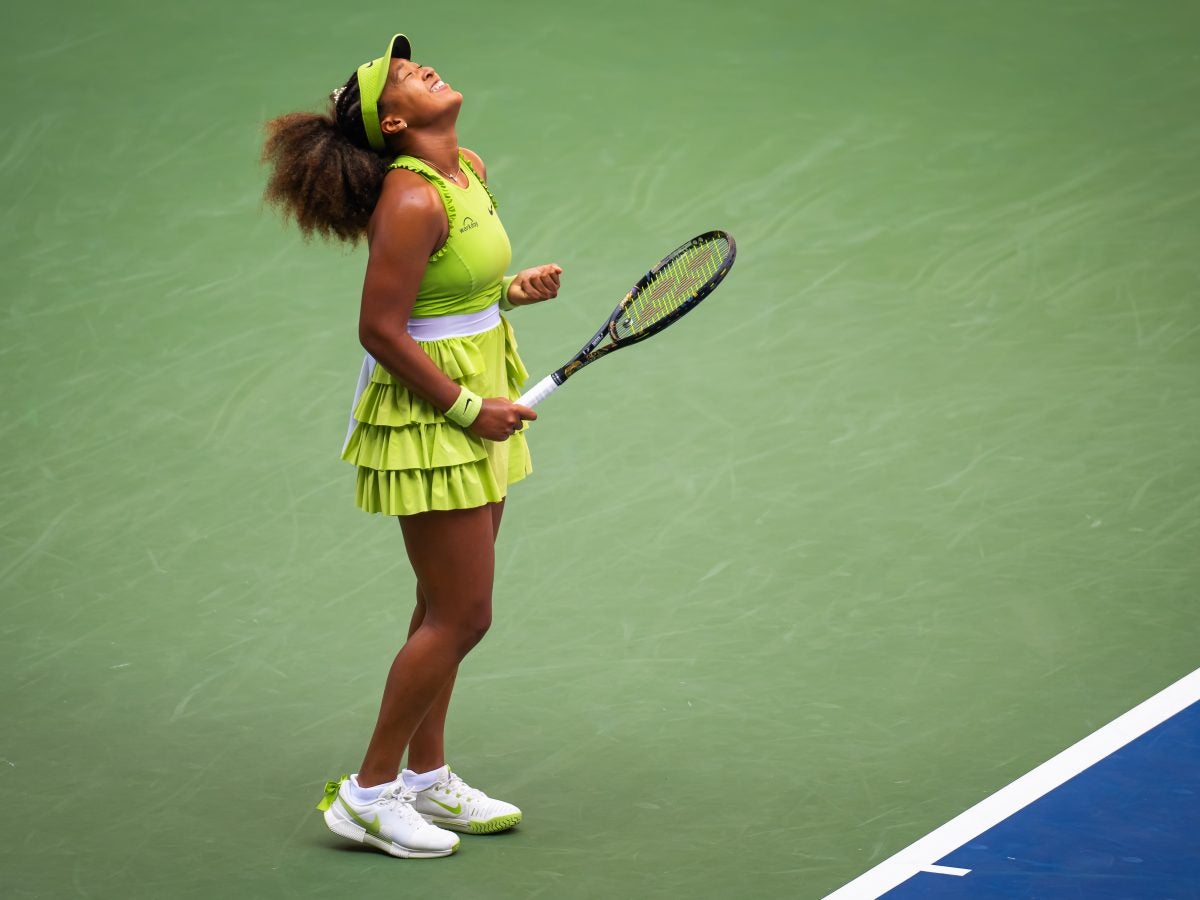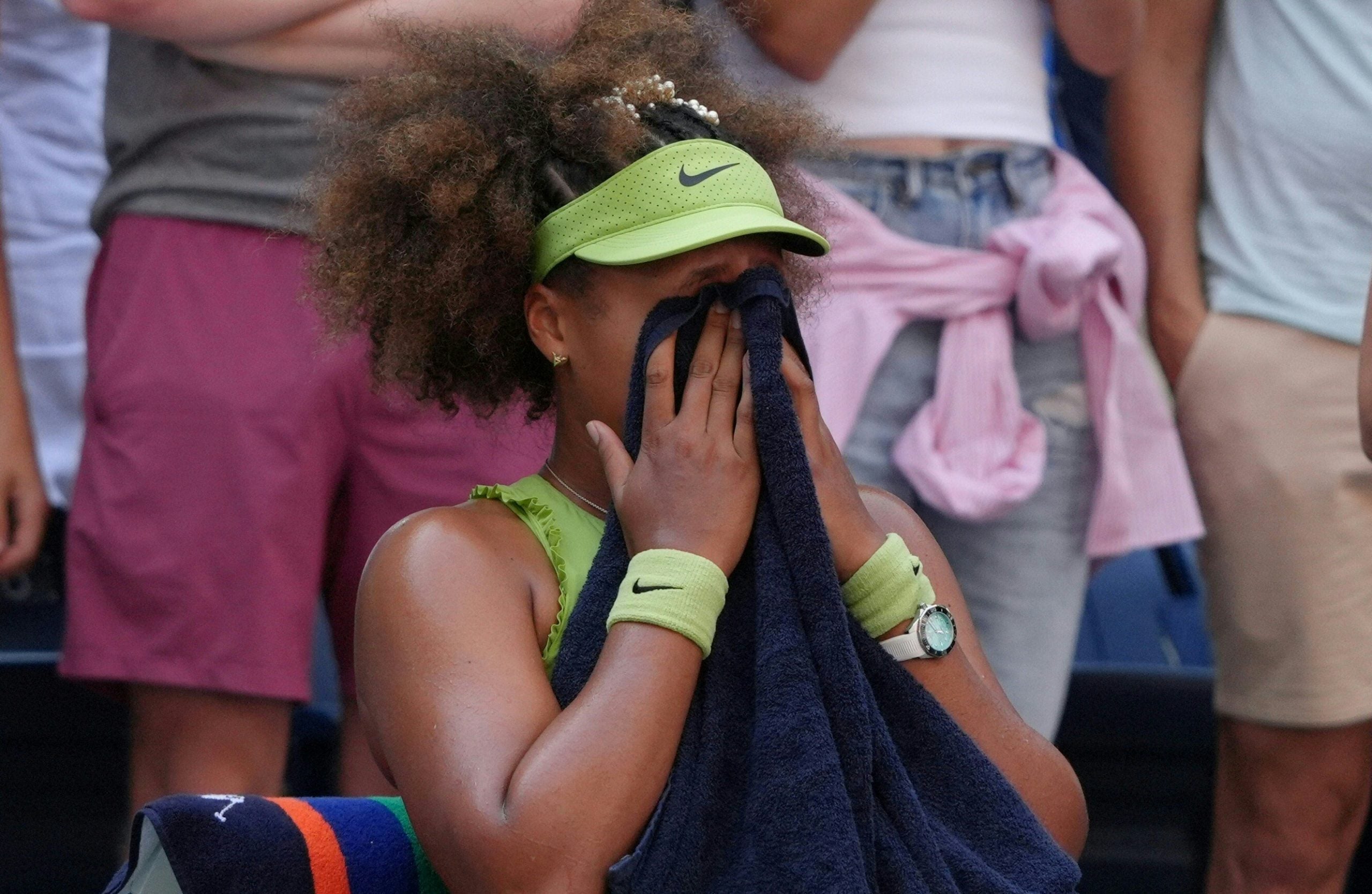
I’ve always had a thing for mirrors. As a kid, I’d spend long periods in front of them staring, dissecting, and admiring my face. I could stare at myself for so long, that I’d be brought to tears, overcome with love for God, my ancestors, myself.
Today when I look in the mirror, I scoff. Sometimes in amusement, sometimes in concern, but always in disbelief that this is my life. These days when I pass the mirror, I see the three-inch-long new growth before my locs begin. There are the glasses that were once optional but are now a necessity. I’m bored of the same cycle of breastfeeding-friendly tops, occasionally speckled in the distinguishable neon green of newborn poop.
I glimpse at my reflection and think, Washed.
I’m a stay-at-home and work-from-home mother of a three-year-old and a five-month-old, and it’s kicking my a–.
I told my best friend of over 20 years that I don’t know how to take care of these kids and myself at the same time. And I don’t just mean my physical needs. I mean my dreams and aspirations as well. Motherhood is my purpose work. I know I’m supposed to be mothering at this time. Still, it’s uncomfortable putting all the other facets of myself on the back burner as I devote myself to this role.
Earlier this year, I stumbled across the phrase “Get your pink back.” It refers to the phenomenon of both male and female flamingos losing their distinct pink pigment as they dedicate time, energy, and resources to raising their young. These birds actually lose identifying aspects of themselves and turn almost white. But thankfully and miraculously, it comes back.

This week we watched the emotions that came when Naomi Osaka got a bit of her pink back. The formerly number-one-ranked tennis player returned to the game she loves, but had admittedly been struggling with lately, after taking the time off to carry and birth her daughter Shai, born last July. Recent results include an early exit in the recent Olympics in Paris, and a loss in the qualifiers at the Cincinnati Masters on August 12th. So when Osaka won her match against Jeļena Ostapenko, who is ranked number 10, in just 64 minutes, it marked the first time Osaka won a US Open match in three years and the first time she’s beat a top 10 player since 2020.
As Osaka took the bench after the match, she shed tears.
Without an explanation, I knew what they were about. She reclaimed the tennis pro. She’d recently spoken about feeling disconnected from her body on the court after having a baby.
“My biggest issue currently isn’t losses,” she wrote on Instagram. “My biggest issue is that I don’t feel like I’m in my body. It’s a strange feeling, missing balls I shouldn’t miss, hitting balls softer than I remember I used to. I try and tell myself ‘it’s fine you’re doing great, just get through this one and keep pushing’, mentally it’s really draining though.”
Through her win, she quelled a doubt, banished a fear. She returned to herself. Afterward, during the post-match interview Osaka explained the show of emotion.
“Last year I was watching Coco [Gauff] play, and I so badly wanted to step on these courts again,” Sports Illustrated reported. “I didn’t know if I could … just to win this match and just to be in this atmosphere means so much to me.”
It meant a lot to me, too.
Sports spectating is more than about seeing who wins or loses. It teaches us something about mental fortitude, discipline, and determination. It shines a light on the beauty of the human psyche. And for me, a perpetually overstimulated and overwhelmed mother, Osaka showed me that it’s possible to come back.





